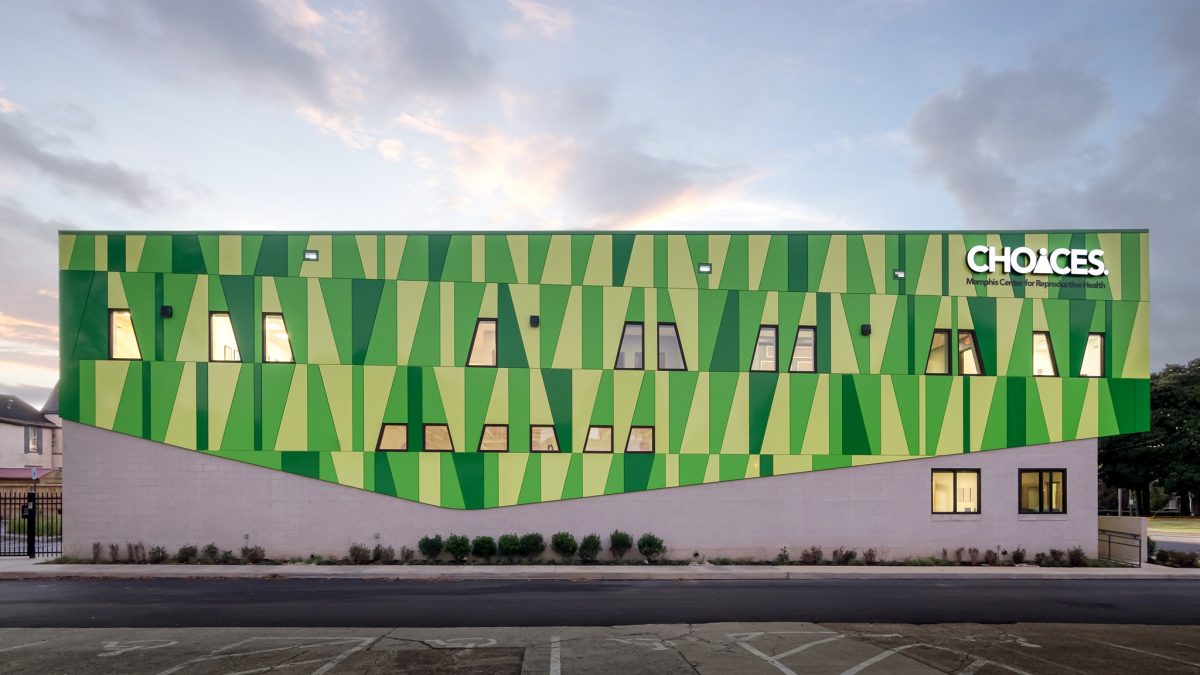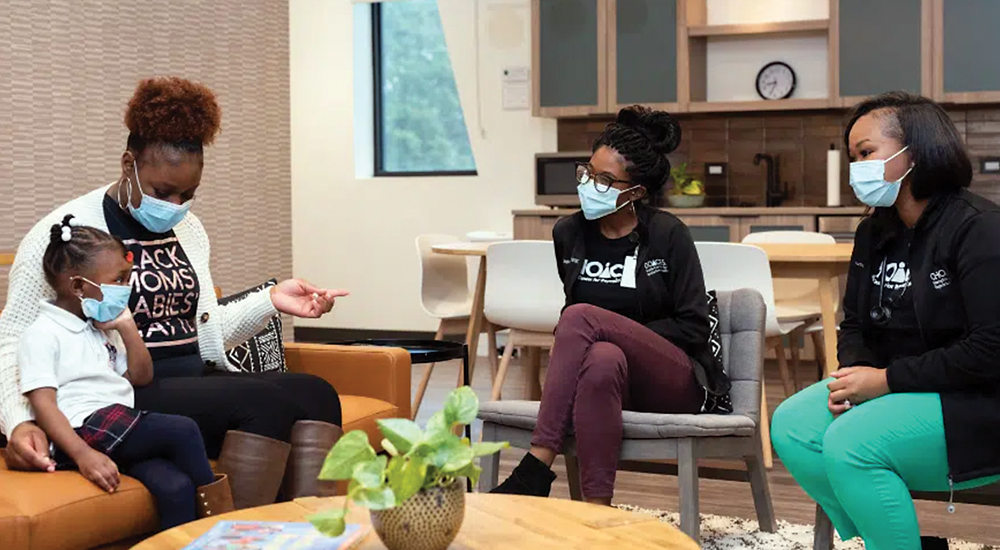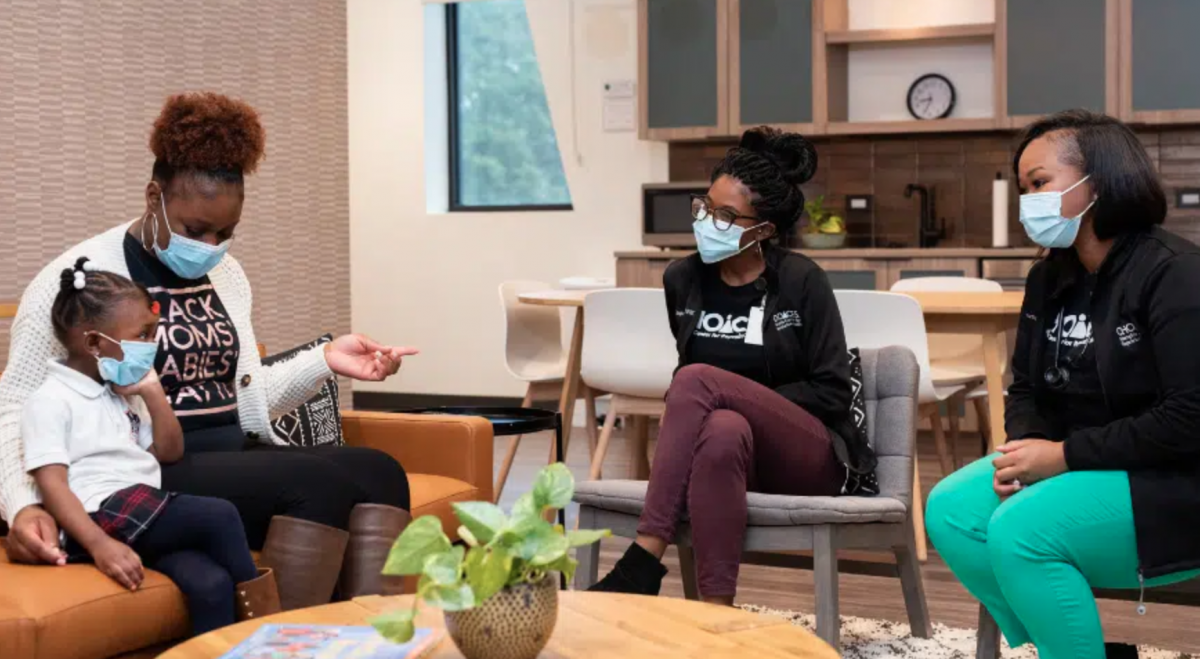A report from the Centers for Disease Control and Prevention (CDC,) showed that the U.S. maternal mortality rate had increased 40% from 2020 to 2021. The World Health Organization defines maternal death as “the death of a woman while pregnant or within 42 days of termination of pregnancy, irrespective of the duration and the site of the pregnancy, from any cause related to or aggravated by the pregnancy or its management, but not from accidental or incidental causes”
According to the CDC, 1,205 women died in the United States in 2021, compared to 861 in 2020.
The report also stated that the rates for Black women “were significantly higher than rates for White and Hispanic women.”
The 2021 Tennessee Maternal Mortality Rate Annual Report showed that “non-Hispanic Black women” are 3.9 times as likely to die from pregnancy-related causes compared to” non-Hispanic white women”. President and CEO, Jennifer Pepper of CHOICES: Center for Reproductive Health said that both the maternal and infant mortality rate crisis in Tennessee is “dire,particularly for Black women.”
The Tennessee Maternal Mortality Rate Annual Report also stated that more than 75% of deaths were deemed preventable, and discrimination contributed to at least 33% of deaths.
“There’s something wrong with the system when African American women who are college-educated and have great jobs can still have poorer outcomes than white women who are uneducated,” says Dr. Nikia Grayson, chief clinical officer at CHOICES.
Accessibility is also an issue that contributes to increased maternal mortality rates in Memphis. Information released to CHOICES from the City Health Dashboard said that “60.3% of live birth are to African American and 35.4% of African American women who gave birth lacked adequate prenatal care.” In comparison, “15.3% of white women in Memphis lacked access to adequate prenatal care.”
“The U.S. model of providing reproductive health care is fundamentally broken,” said Pepper. “For people experiencing poverty, particularly people of color, the legacy of racist violence in controlling reproduction is still present. Pregnant women of color are often treated like social burdens instead of valued individuals with a right to bodily autonomy.”
CHOICES is committed to improving these outcomes, and is “increasing access for people at risk in Memphis’ urban core,” said Pepper. One of the ways that they have been able to improve birthing outcomes is through their midwifery services. According to CHOICES, 83% of their midwifery patients are Black women. They also said that Black patients are 6.6. times less likely to have a preterm birth at CHOICES than anywhere else in Tennessee.
There are many reasons why people may choose midwifery services however CHOICES said that it is strongly associated with “lower interventions during pregnancy and birth, cost-effectiveness, and improved outcomes for both the birthing patient and the baby.”
“The midwifery model of care supports pregnant people in trusting the normal processes of pregnancy and birth with the help of experienced midwives,” said Pepper. “Midwifery is people-centered and based on informed choice, which means taking the time to teach people about their bodies using evidence-based information and offering the options available so that a person can make an informed decision about what is best for them.”



 CHOICES
CHOICES  Facebook/CHOICES
Facebook/CHOICES